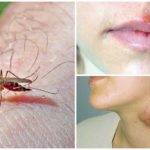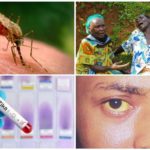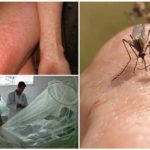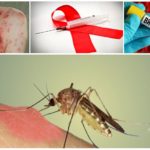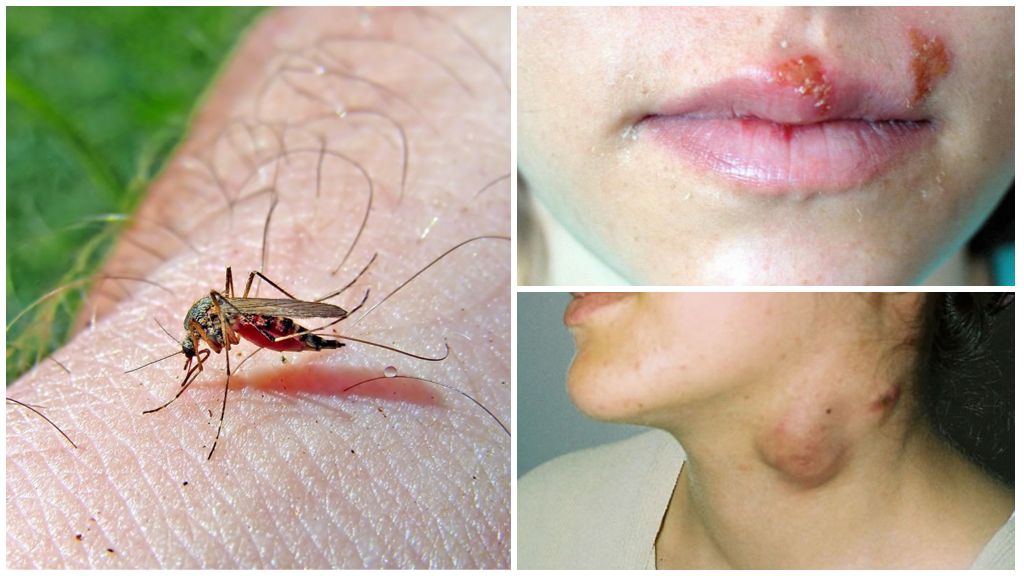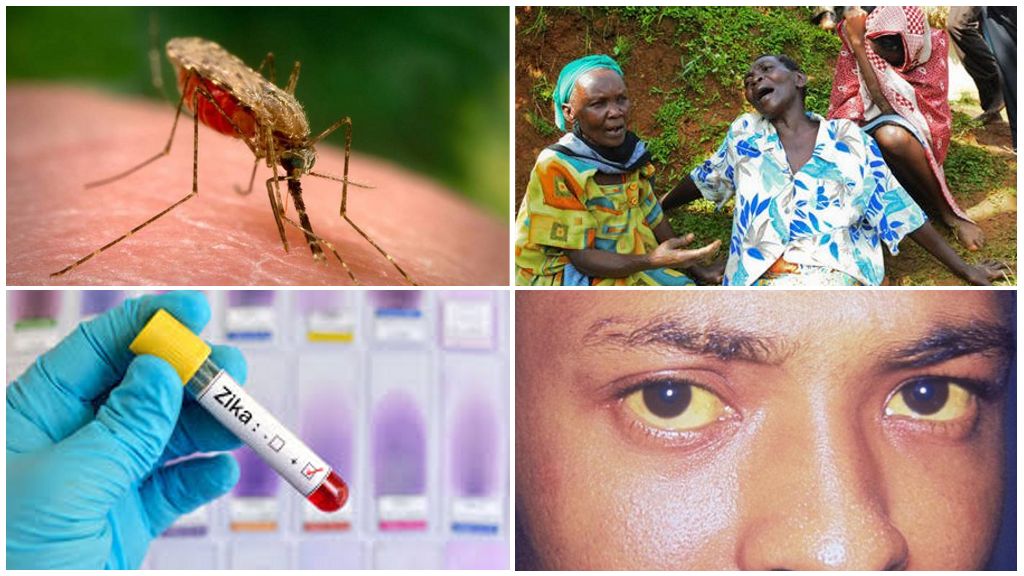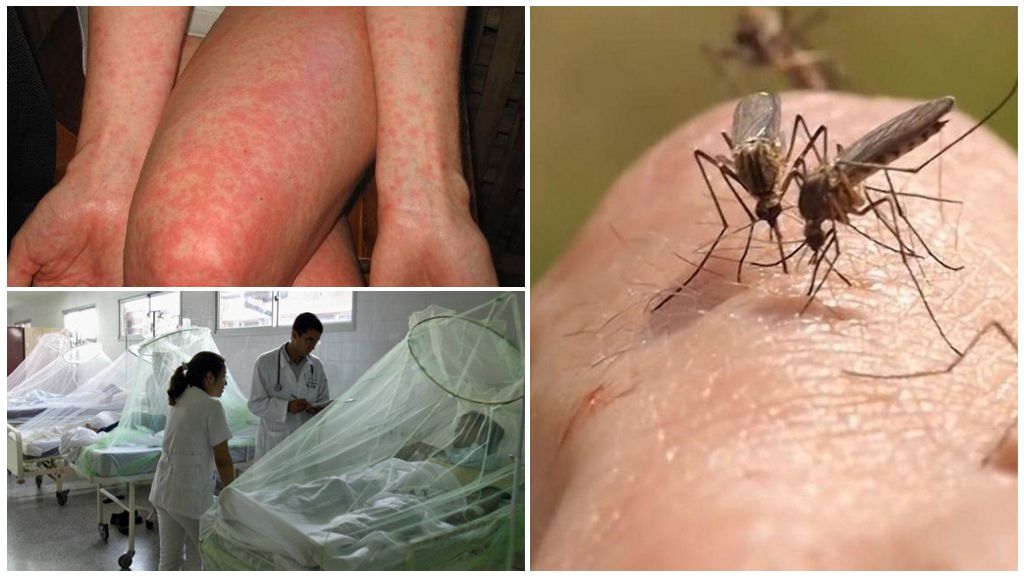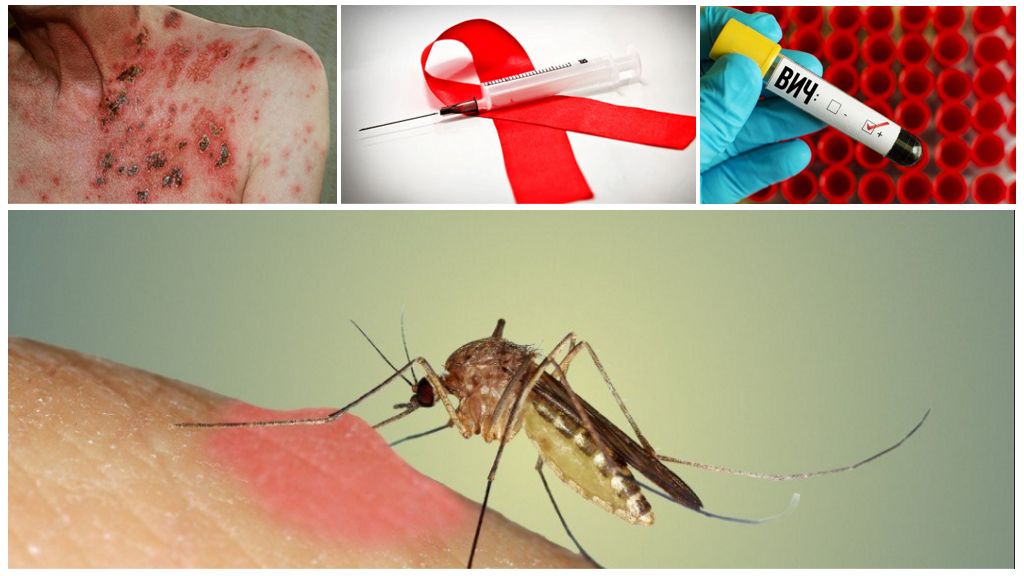What diseases do mosquitoes suffer
Content
- Malaria and tularemia for mosquitoes
- Zika, West Nile and Yellow Fever viruses
- Dengue and Chikungunya mosquito fever
- Aids and mosquitoes
Mosquitoes - annoying insects, annoying squeak which sometimes deprives rest and sleep. In addition, the bite of a fairly innocent-looking bloodsucker often becomes the cause of infection of very serious infectious diseases. Therefore, the questions of what diseases these small vampires can award and whether a mosquito can infect with AIDS are among the most frequently asked questions.
What are dangerous mosquito bites?
Science knows more than 3 thousand species of mosquitoes, about 100 of them inhabit the territory of the Russian Federation. Insects are distributors of various viruses and bacteria, and therefore, their mosquito bites may pose a serious risk to human health.
What diseases do mosquitoes suffer
In our climate, the bites of bloodsucking insects usually cause allergic reactionbut mosquitoes of a tropical and subtropical climate are capable of transmitting infections that pose a danger to human life.
Malaria
One of the most dangerous diseases that a mosquito can infect a person with is malaria. Often the disease is referred to as swamp fever. It is especially common in countries of tropical and subtropical climates. The characteristic signs of the disease are manifestations of chills and fever, nausea and headache, as well as malaise and general weakness.
Important!
The cause of the disease is plasmodium - a microorganism of the protozoal group, which can be of the following types: P.malariae, P.vivax, P.ovale and the most dangerous P.falciparum. Carry it to females of the species Anopheles, called malaria mosquitoesby drinking the blood of an already infected person. After that, the parasites develop in the body of the insect for 10-18 days, and then are transmitted with saliva to the next victim during the bite.
Got into the bloodstream after mosquito bite Plasmodium affects the liver, where it begins to actively grow and multiply. Subsequently, it re-enters the bloodstream and multiplies in the red blood cells, until the blood cells burst. As a result, the parasites will be in the plasma. The development cycle of plasmodium is repeated every two days, from which a person infected with the disease experiences febrile sensations.
Tularemia
The carrier of this disease, characterized by lesions of the lymph nodes, severe intoxication and fever, are hares, rabbits and small rodents. The infection can spread through blood-sucking insects (mosquitoes, mosquitoes, ticks or gadflies). However, this is not the only route of tularemia infection. Pick up the disease can be from an infected animal, butchering infectious skin.
Zika virus
Another of the most dangerous diseases, the consequence of which becomes a birth defect, referred to as microcephaly.As a result of this neurological disorder, children with a small head and developmental pathology are born.
Diptera of the species Aedes aegypti (yellow fever) and Aedes albopictus (Asian tiger mosquito) are transmitting Zika virus. Dangerous mosquitoes of the genus Aedes are present and they carry diseases in Russia (they are found on the Caucasian Black Sea coast and in Abkhazia).
On a note!
However, the mosquito will become a carrier of Zika virus only if it bit the person infected with this disease. At the moment, no such people have been found on the territory of our country, so there is no need to worry about this.
West Nile Virus
No less dangerous disease, the pathogens of which penetrate into the human body along with the saliva of a bloodsucker feeding on the blood of infected birds. Once in the bloodstream, they affect the brain and the central nervous system, as a result of which the victim experiences severe headaches and fever, his lymph nodes are swollen and convulsions appear. In the most severe cases, the outcome of the infection can be fatal.
On a note!
The harm from the bites of such mosquitoes happened to be experienced by residents of the Krasnodar Territory, as well as Astrakhan, Voronezh and Rostov regions.
Yellow fever
At this, the diseases carried by mosquitoes do not end. Yellow fever is another virus transmitted by the bite of a blood-sucking insect. Its distributor is a representative of the species Aedes Aegypti, which lives in equatorial Africa and in Central South America.
Arbovirus infection is accompanied by damage to the blood vessels, resulting in frequent bleeding. Also developing liver failure, accompanied by yellowing of the skin.
Dengue fever
A disease that is transmitted from person to person through the bite of a mosquito of the species Aedes aegypti. The mosquito is able to transmit the virus in about a week after being bitten by an infected person. After 4-5 days, the person begins to feel severe pain in the muscles and joints, after which there is a rash and pain in the eyes. With a long course of the disease, bleeding may occur. Especially often people of Africa and Southeast Asia are infected with Dengue virus.
Chikungunya
Another virus that is spread by mosquitoes of the Aedes species already familiar to us. An infected person may experience severe pain in the joints and lumbar region, a sharp increase in body temperature and chills, nausea and vomiting. More often people of Africa suffer from such a disease, a single case was recorded in America, no one became infected with Chikungunya on the territory of our country.
Can I get AIDS from a mosquito
The question whether carriers of diseases such as mosquitoes can carry AIDS is of interest to many people. To begin with, it should be understood that AIDS is a combination of disorders in the body, the consequence of which is the human immunodeficiency virus (HIV). Therefore, on the basis of the above, it becomes clear that only HIV can be infected, but not AIDS.
We hasten to reassure everyone, HIV is not transmitted through a mosquito bite. This fact is explained by the fact that cells of the causative agent of the disease when released into the external environment are viable for a rather short period. Insects that bite HIV-infected people can be dangerous only if, after a meal, a person infected with AIDS will instantly strike a healthy person.
On a note!
However, the facts that mosquitoes transmit HIV and AIDS, modern science today does not have. Yes, and a female who is saturated after eating a mosquito will hardly need an additional portion of human blood. Satisfying hunger, she goes in search of a cozy place to digest food and assimilate the nutrients necessary for future offspring.
For this reason, bloodsuckers cannot transmit hepatitis. Even if a mosquito attacked an infected person, the virus dies very quickly in its saliva. Hepatitis viruses also do not survive in the digestive organs of the insect, since hepatocytes (liver cells) are necessary for their reproduction. And this is impossible due to the fact that the liver of mosquitoes simply does not exist. The causative agents of other diseases carried by mosquitoes (the same malarial plasmodia) are safely preserved in the saliva of insects.
On a note!
The topic of HIV and AIDS causes concern and fear in many people. However, such manifestations are completely exaggerated. Communicating with a person with AIDS at the household level is completely safe.
AIDS is not transmitted by coughing, shaking hands, or contacting handrails in public transport.You can not get sick with AIDS and the joint exercise of sports or using a bath (toilet). You can not get HIV and kiss, due to the fact that the concentration of the virus in the saliva for infection is not enough.
You can become infected with AIDS only when you have unprotected intercourse, when you reuse syringes, shaving accessories, or body piercing and tattoo tools. The future mother is also able to infect with AIDS during gestation.

